Cholesterol is an important part of your body’s health, but understanding the difference between Cholesterol HDL vs. LDL is key to maintaining a healthy heart.
As a registered dietitian, I’m here to break it down so you can make informed decisions about your health.
Cholesterol 101
Cholesterol is a waxy, fat-like substance found in your blood. Your body needs cholesterol to build cells and produce hormones, but having too much cholesterol—or the wrong balance of types—can increase your risk of heart disease.
Cholesterol travels through the bloodstream in carriers called lipoproteins, which are classified into two main types: HDL (high-density lipoprotein) and LDL (low-density lipoprotein).
What Is HDL Cholesterol?
HDL is often called “good” cholesterol because it helps remove excess cholesterol from your bloodstream.
- How It Works: HDL collects cholesterol from the walls of your blood vessels and carries it back to the liver, where it can be processed and eliminated.
- Why It’s Important: High levels of HDL cholesterol are associated with a lower risk of heart disease and stroke.
- Sources That Support HDL Levels: Eating healthy fats, such as those found in avocados, nuts, olive oil, and fatty fish, can help boost HDL levels. Regular physical activity also plays a role.
What Is LDL Cholesterol?
LDL is known as “bad” cholesterol because high levels can lead to the buildup of cholesterol in your arteries.
- How It Works: LDL deposits cholesterol on the walls of blood vessels, which can form plaques over time. These plaques can narrow or block arteries, leading to conditions like high blood pressure, atherosclerosis, heart attack, or stroke.
- Why It’s a Concern: Elevated LDL levels are a significant risk factor for cardiovascular disease.
- Factors That Contribute to High LDL Levels: A diet high in saturated and trans fats, lack of exercise, smoking, and genetics can all increase LDL cholesterol.
Why the Balance Matters:
The ratio of HDL to LDL cholesterol plays a critical role in heart health. Ideally, you want higher HDL levels and lower LDL levels to maintain healthy blood flow and reduce the risk of heart disease.
How to Improve Your Cholesterol Profile
Here are some simple, effective ways to support healthy cholesterol levels:
- Eat Heart-Healthy Foods: Include more foods rich in healthy fats (e.g., olive oil, nuts, seeds, and fatty fish) while limiting saturated fats (found in butter, red meat, and full-fat dairy) and avoiding trans fats (found in processed foods).
- Increase Soluble Fibre: Foods like oats, beans, lentils, fruits, and vegetables can lower LDL cholesterol by binding to it in your digestive system and preventing its absorption.
- Exercise Regularly: Physical activity can raise HDL levels and lower LDL levels. Aim for at least 150 minutes of moderate exercise per week.
- Quit Smoking: Smoking lowers HDL cholesterol and damages blood vessels, increasing the risk of heart disease.
- Limit Added Sugars: Diets high in added sugars can lower HDL and increase LDL cholesterol.
- Consider Omega-3s: Omega-3 fatty acids, found in salmon, walnuts, and flaxseeds, can help lower triglycerides and improve overall cholesterol balance.
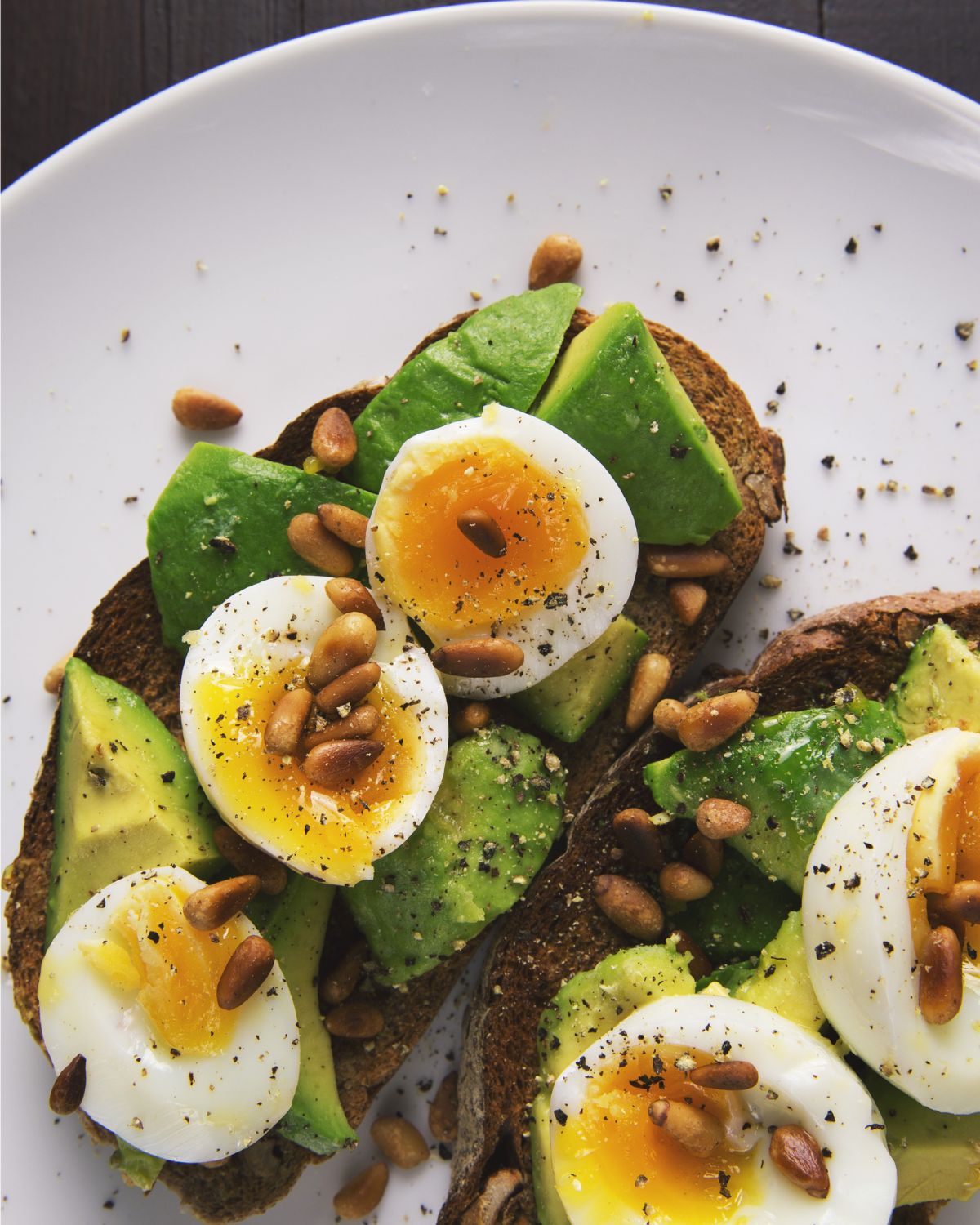
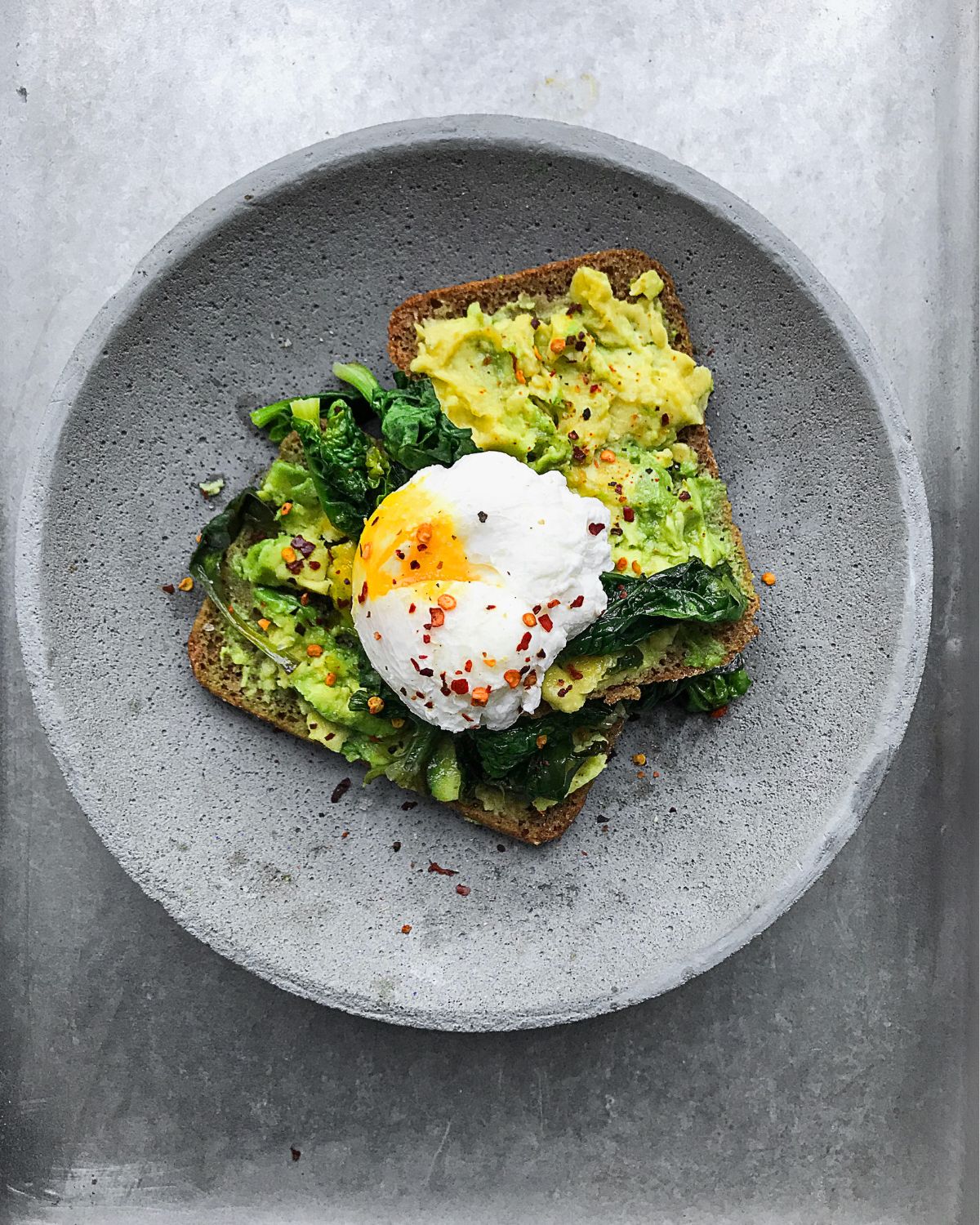
Do Eggs Impact Cholesterol Levels?
For years, eggs were seen as a dietary villain because they contain cholesterol. However, recent research shows that dietary cholesterol, like the cholesterol found in eggs, has a minimal impact on blood cholesterol levels for most people.
Here’s Why: Your body regulates cholesterol production. When you consume more cholesterol from food, your liver produces less to maintain balance.
For the majority of people, this means eating eggs in moderation won’t significantly affect blood cholesterol or increase the risk of heart disease. Eggs can be part of a heart-healthy diet, especially when paired with other nutritious foods.
FAQ's
Cholesterol is a waxy substance your body needs to build cells and produce hormones. However, high levels of LDL (“bad”) cholesterol can increase the risk of heart disease.
Eat a heart-healthy diet rich in soluble fiber (e.g., oats, beans, fruits), healthy fats (e.g., olive oil, nuts), and limit saturated fats and trans fats. Regular exercise and weight management also help.
Eggs are high in dietary cholesterol but have minimal impact on most people’s blood cholesterol. Focus on your overall diet and limit foods high in saturated and trans fats.
The Bottom Line: HDL and LDL Cholesterol
HDL and LDL cholesterol play very different roles in your body. While HDL helps protect your heart by clearing cholesterol from your bloodstream, LDL can increase the risk of heart disease when levels are too high.
By focusing on a heart-healthy lifestyle, you can improve your cholesterol balance and reduce your risk of cardiovascular problems.

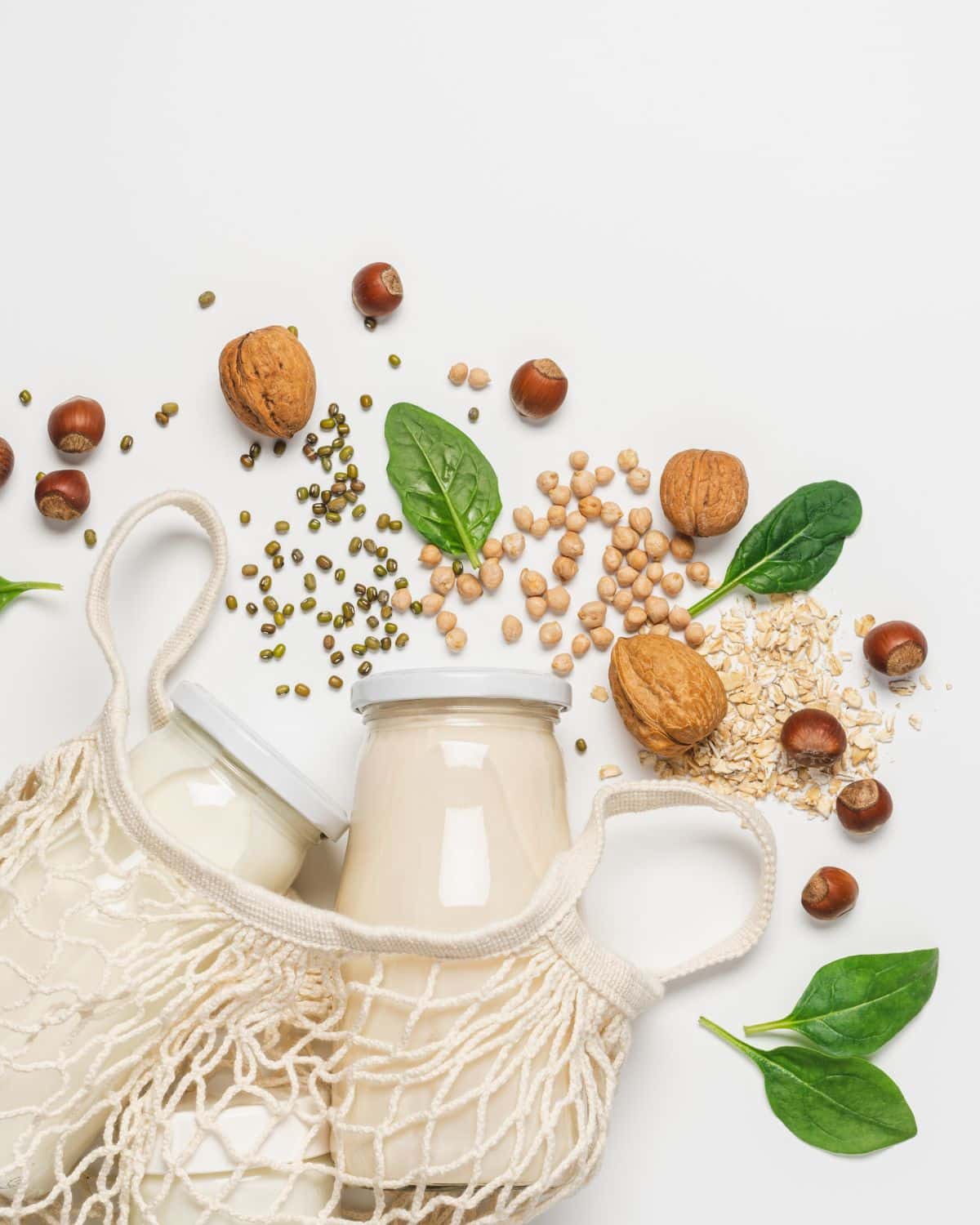
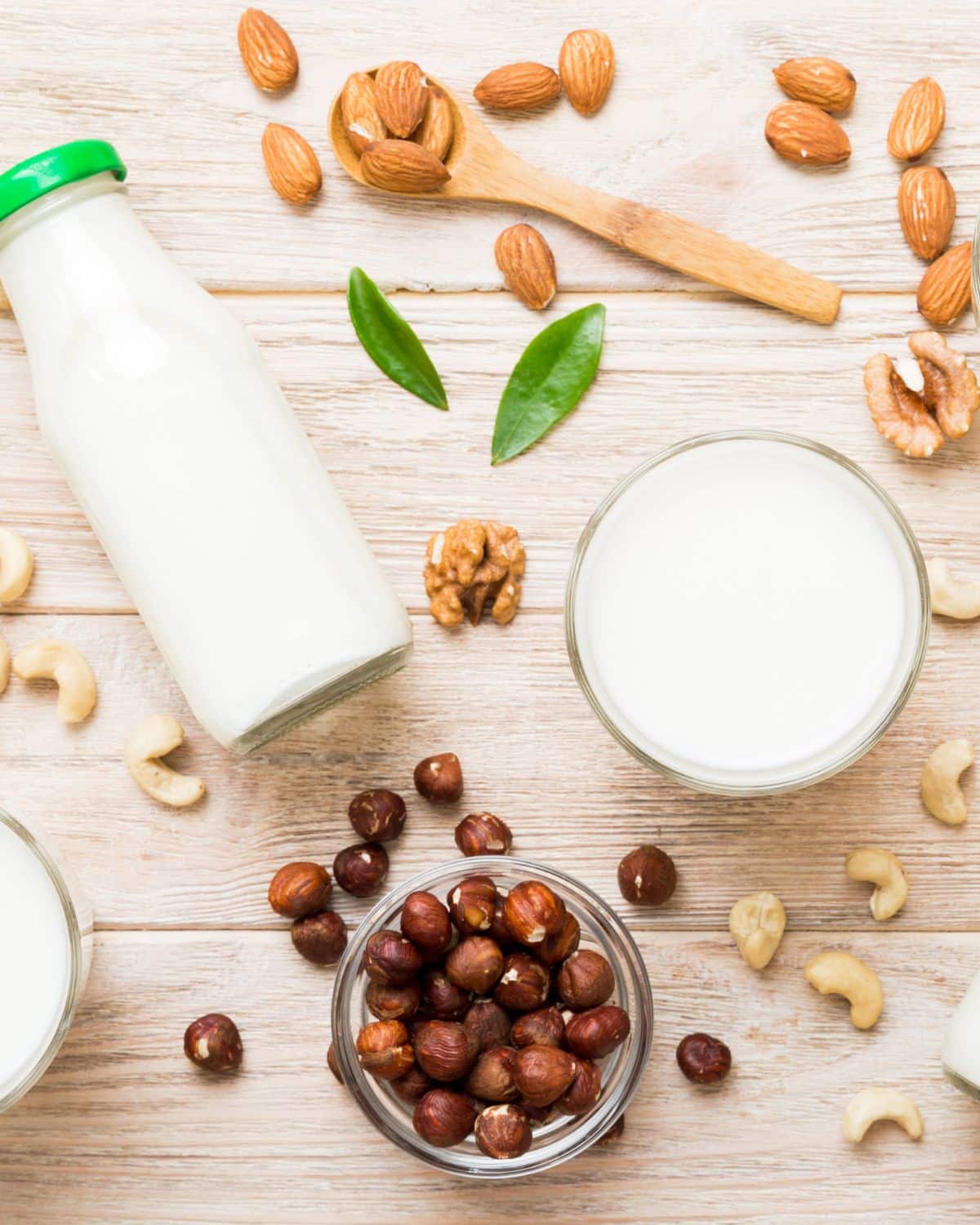

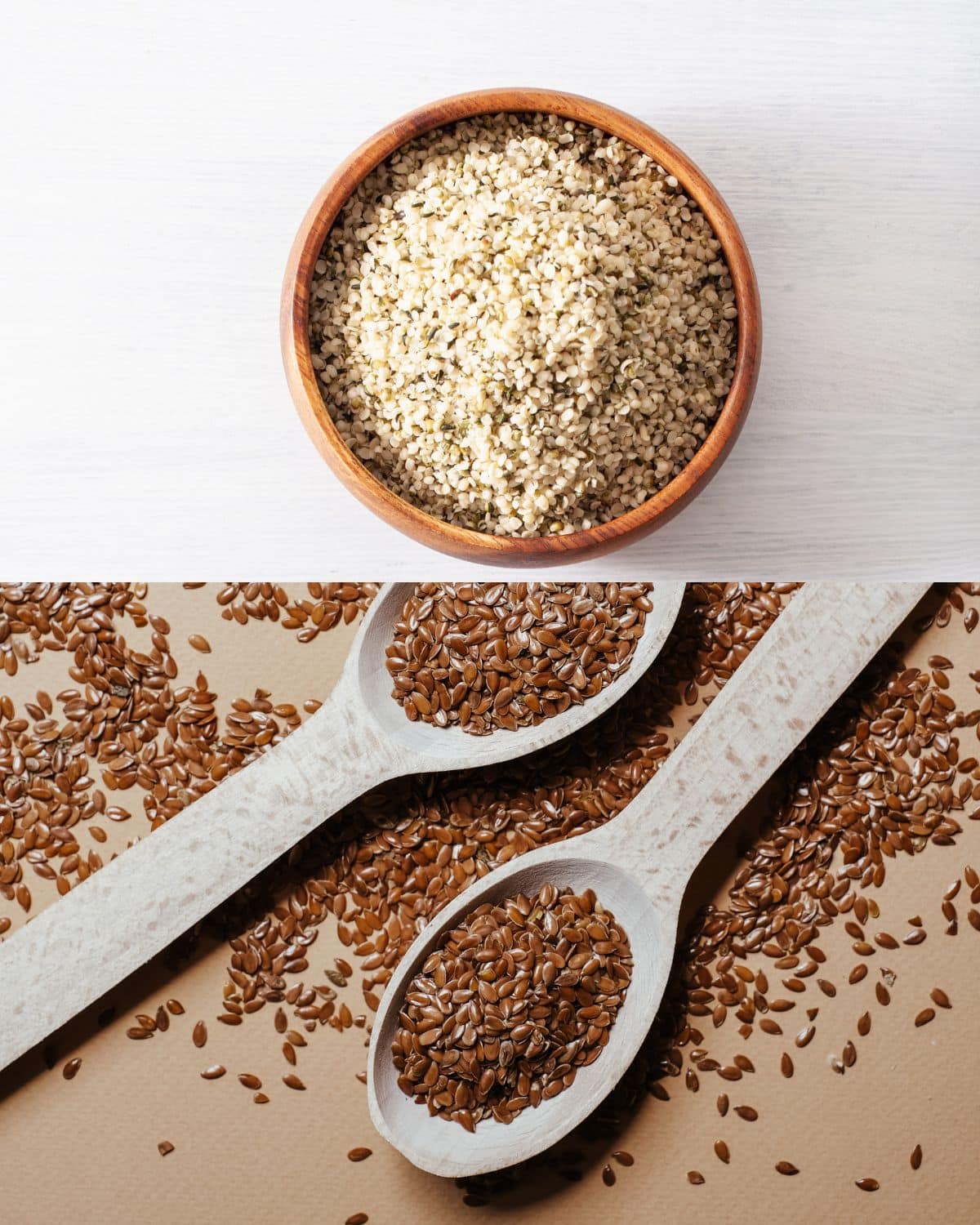

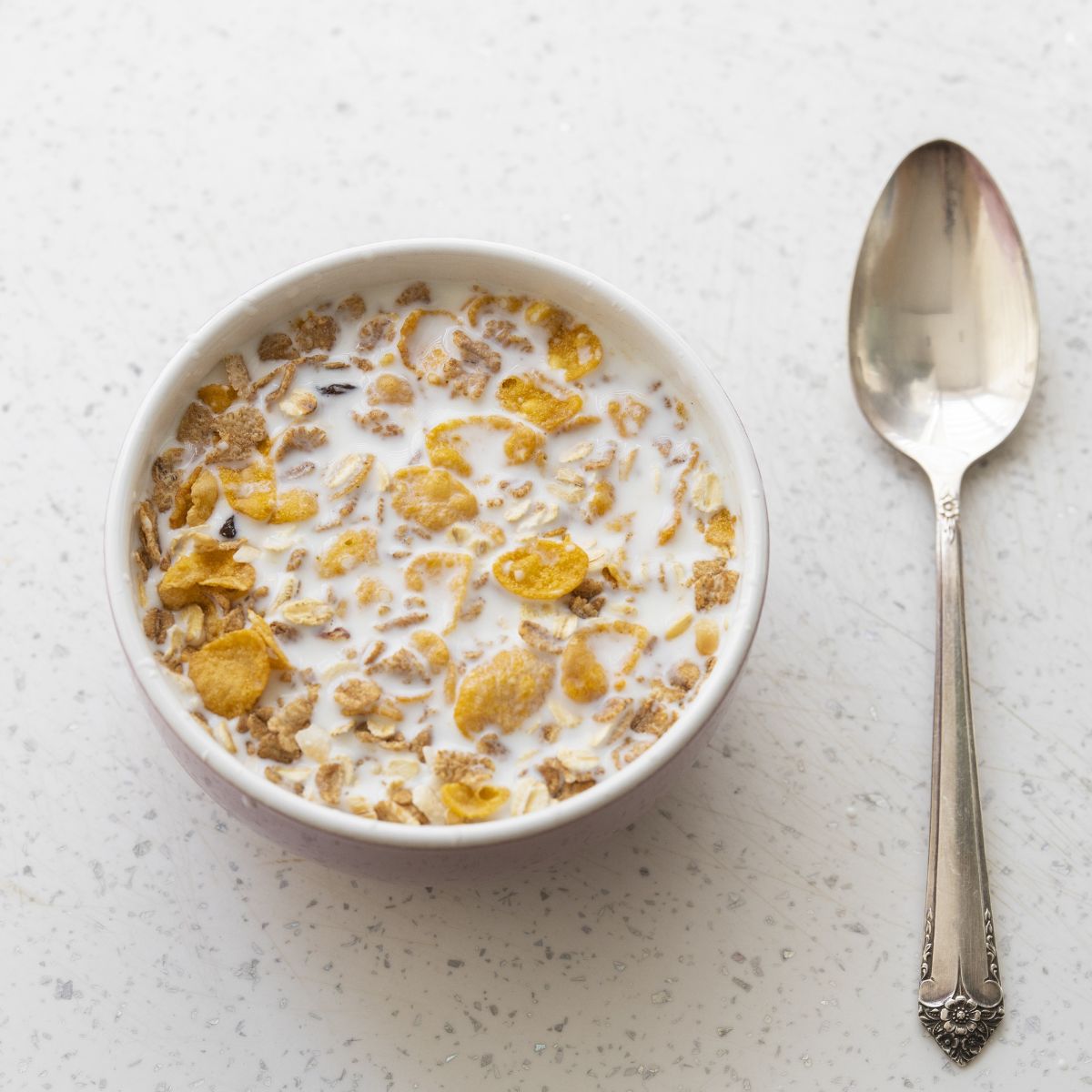

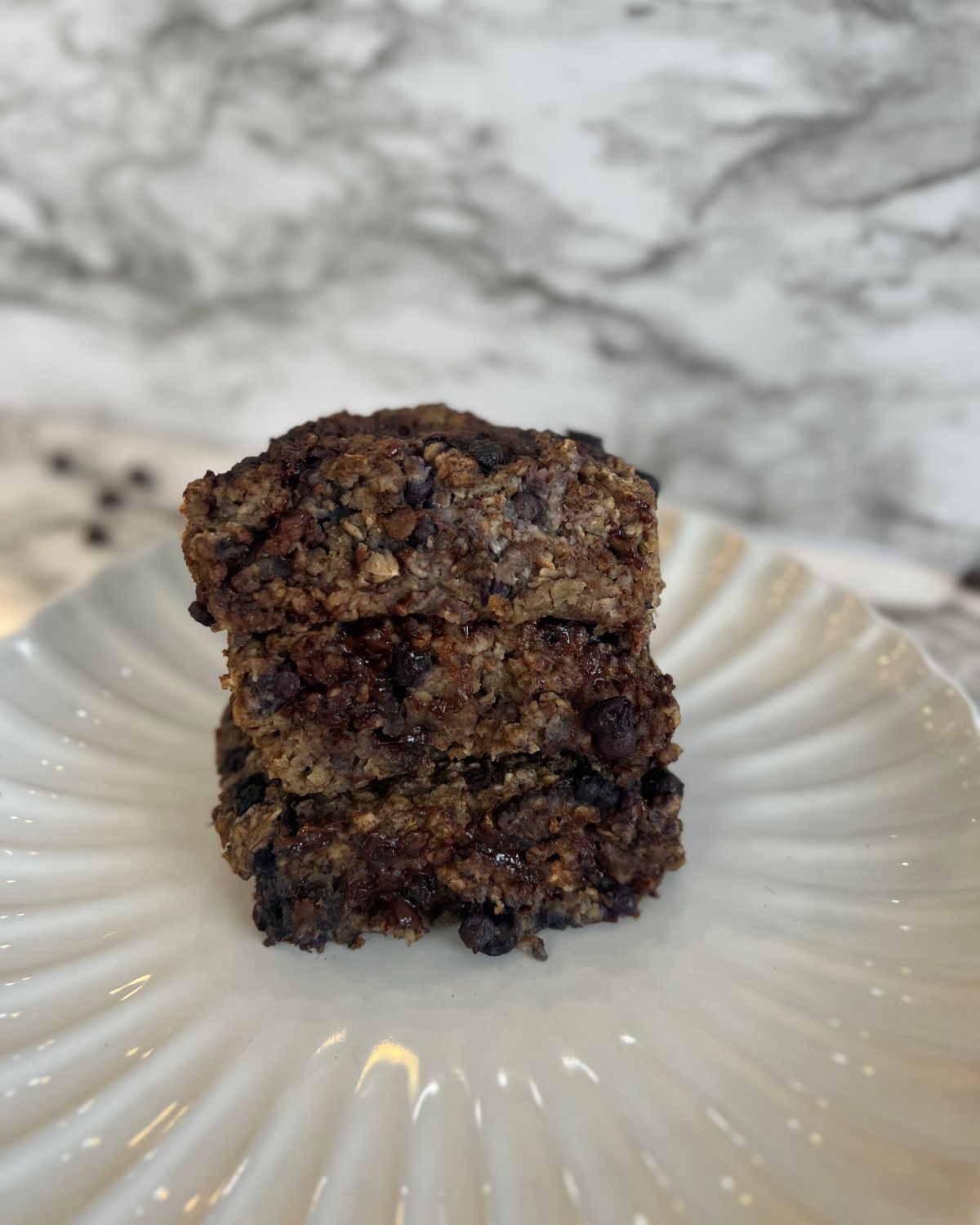




Comments
No Comments